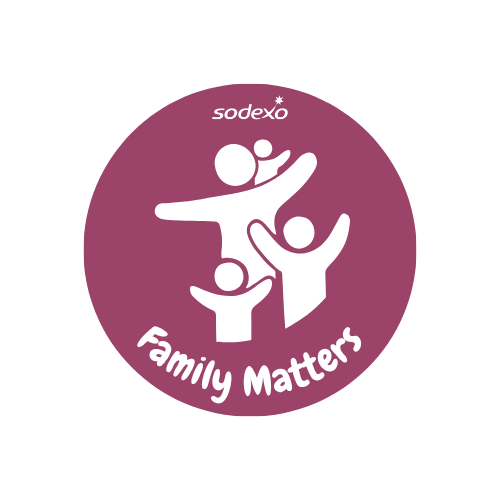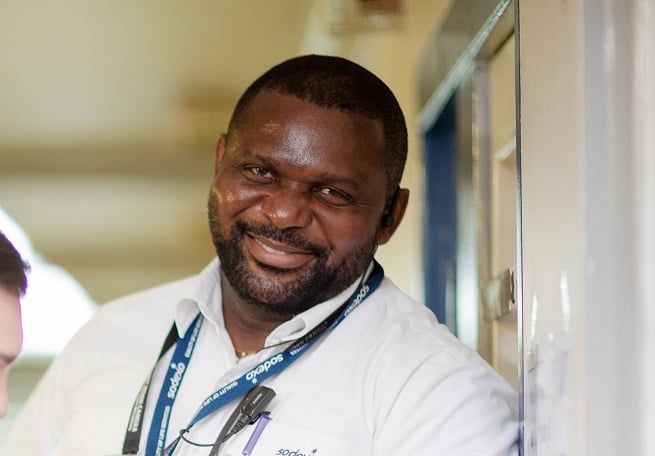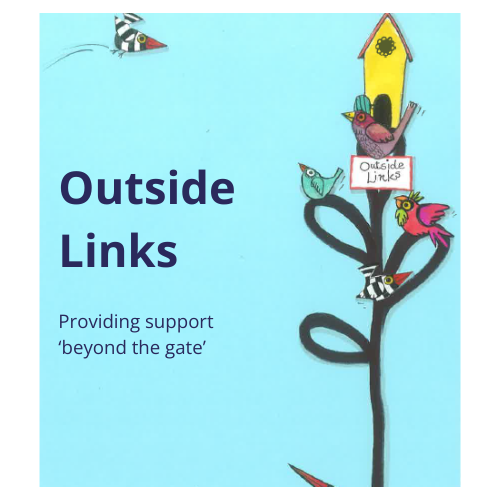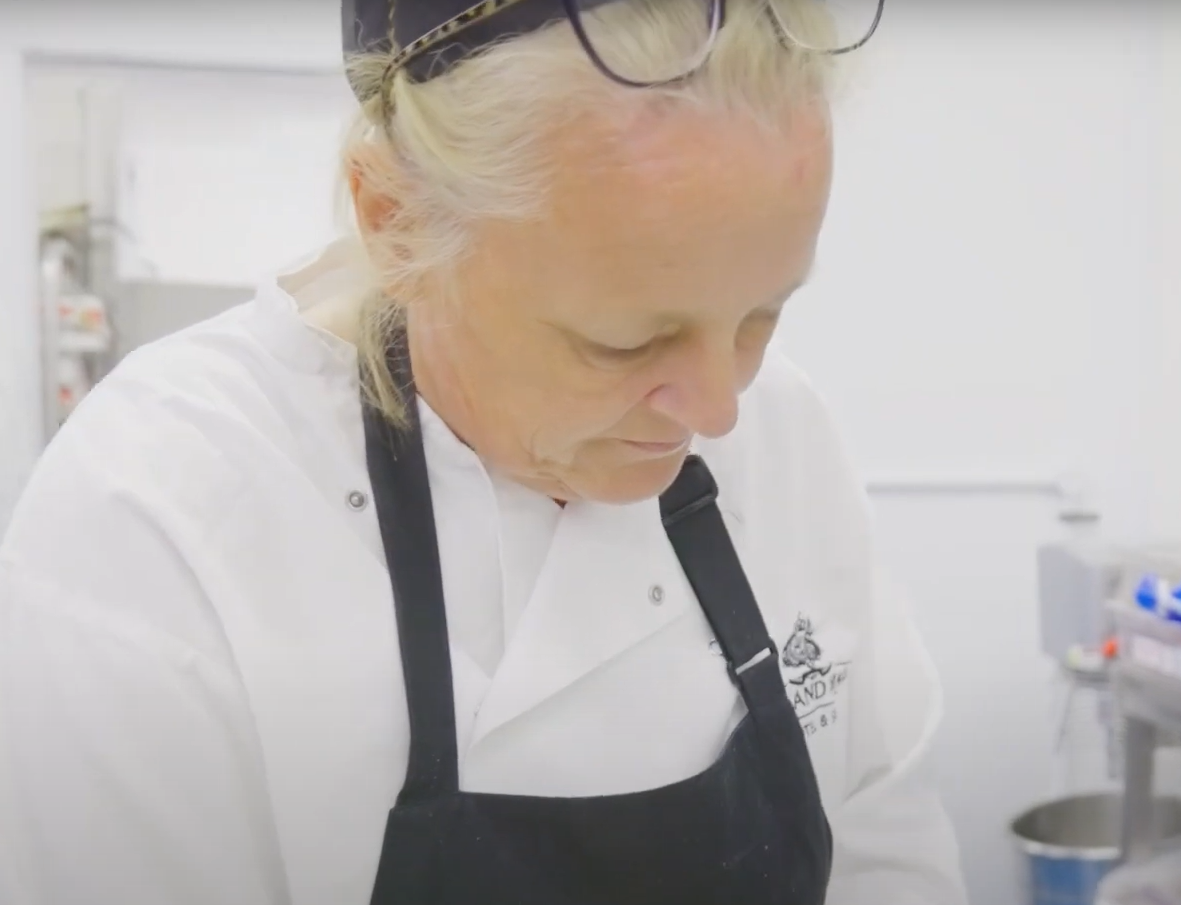

Reducing reoffending
Rehabilitation and reducing reoffending are at the core of everything we do across Sodexo’s prisons. Our 'Reducing Reoffending' strategy focuses on clear, tangible outcomes that will be visible to prisoners, their families, and our staff. Everyone has a role in helping us change lives for the better.
HMP Peterborough is unique as we look after both male and female prisoners, delivering support mechanisms appropriate to our diverse population.
We have a Mother and Baby Unit on site with a dedicated team who support child development. A Pregnancy Mother and Baby Liaison Officer (PMBLO) works with pregnant prisoners to assess their needs.


Outside Links

Starting Fresh
Reducing reoffending strategy
The strategy is built around three key principles:

For our female prisoners, we address the unique needs of women in custody, offering specialised services around domestic abuse, trauma, and sex work through strong partnerships.
Reducing reoffending means addressing key, often interconnected areas of an individual’s life. Across our Sodexo prisons, we focus on seven key pathways to support rehabilitation and safe reintegration into the community